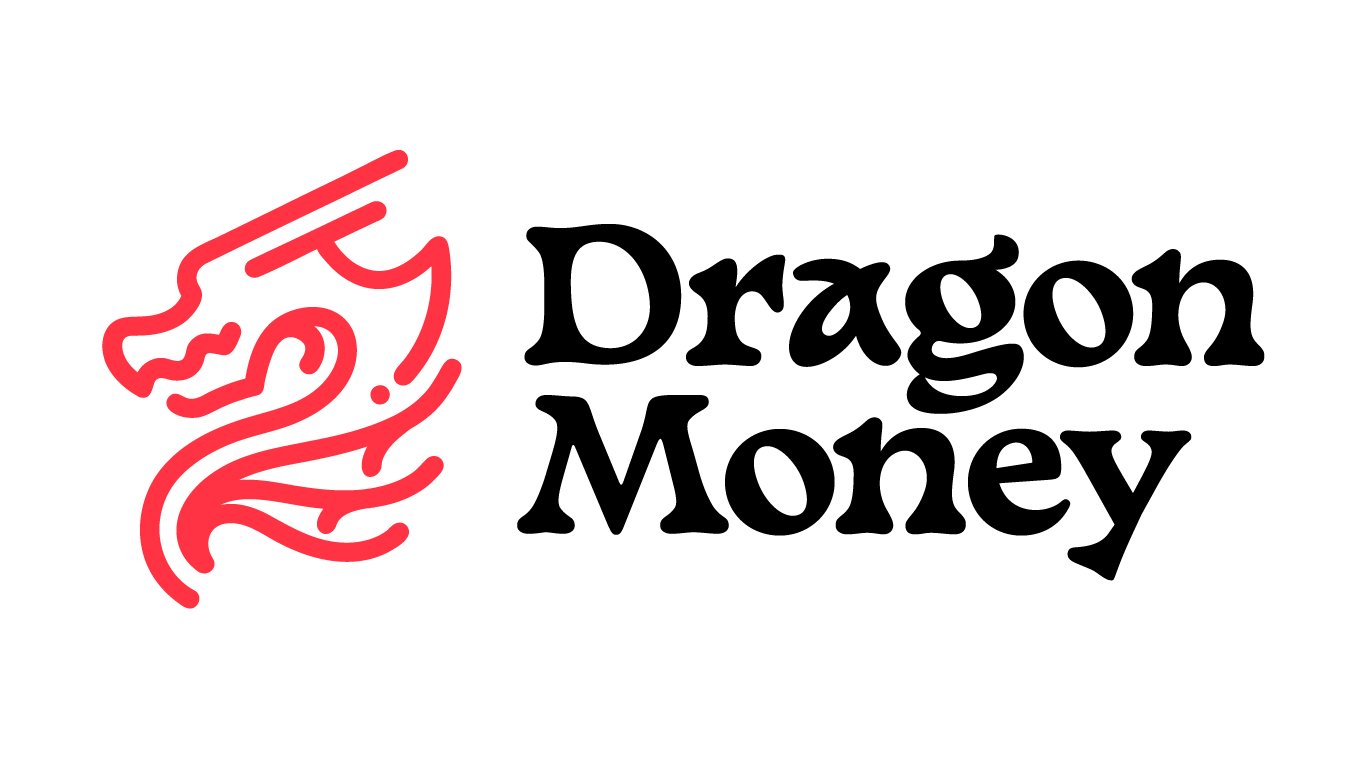How to Build Credit
A healthy credit score is more important than ever.
Getting Started: The Basics of Building Credit
If you’ve ever wanted to build a better credit score, then you’re not alone. It’s a number that can help save you a significant amount of money on loans, rent an apartment, and even get a job. Whether you’re just getting started, recovering from bankruptcy, or derogatory accounts are weighing your score down – It’s important to understand the fundamentals.
A credit score is essentially a measure of your risk to a company. If they were to lend you money, would you pay them back? Have you paid back other people who have lent you money? The average credit score in the US sits around 714 according to research by Experian. If you take and implement this article into your life, then you will surely surpass the average.
The modern credit score as we know it was created in 1989. It is wild to think, as it seems like an all-powerful number and judge of character that has been around forever, but credit monitoring in its current form is rather young. Prior to consumer credit monitoring, a business person would have their creditworthiness based on, “racial background, gender, and moral character” according to CNBC. These systems are not always just or complete, and some people choose to exist outside of the credit system. After all, if you have cash then you don’t need it. Not cash-loaded? Then consider building that healthy credit score to give yourself options.
I’ll break down the most important factors for building a healthy credit score below.
Late Payments:
The most important factor in building a credit score is avoiding any late payments. So, essentially setting up autopay for an existing loan or credit card may be the most important thing you do. Late payments stay on your credit report for seven years, so do anything you can to avoid missing a payment. Consider yourself a Lannister and always repay your debts.
Utilization:
When it comes to credit cards it is very important to not use the entire balance. It essentially makes it look like you have run out of money and need to put everything on the card, which is often the case. It is important to keep those balances low though. If you have a $1000 credit limit, then try not to carry over more than $300 or 30% of the overall limit. If you’re just getting started with credit, then just set a small subscription service on your card and autopay it. It is a common myth that lenders want to see something on there, so just keep it low when you're starting out. It’s the next item that’s going to boost your credit.
Age:
Credit is like fine wine; it gets better with age. Credit cards or reserve lines are your friends here because they don’t have an expiration date. Meanwhile, student loans, auto loans, and personal loans will all be paid off eventually. When they get paid off your overall age of history will lower, which is why it is important to not close credit cards. Think of your first credit card like the foundation of your credit house, you’ll want to keep that open as long as possible.
Diversity:
It helps your credit to show you know how to manage various types of loans. Now, don’t go take out an auto loan just to improve your credit. This is just something that tends to happen over time as you age and need different products. Your credit will improve as you show that you can manage a credit card, personal loan, auto loan, home loan, and so on. I’m not saying you should carry all that debt, but over time your credit report tends to become more diverse.
Inquiries:
Don’t be too scared of inquiries. They tend to only affect your score a couple of points and they fall off after two years. It makes you look riskier to lenders if you have been going around asking everyone for a loan, which is why this shows up on your report. Consider talking to your credit union or bank before shopping for a vehicle to avoid them running your credit against 20+ places. Those should count as one inquiry but look a little messy on your report.
Credit is important in today’s world, and if you follow the steps above you will quickly build a strong credit score. Having good credit is all about options. You give yourself the option to rent that apartment, to borrow at the lowest rate, or maybe even to get that job. Best of luck out there!
I’m going to try something new here and turn on comments, so feel free to ask credit building questions below and I will try my best to answer them.
Did you learn something from this article? Please consider supporting me below.

